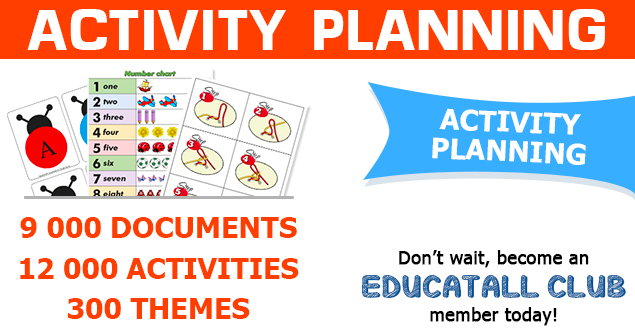Brigitte Langevin is a sleep specialist. She is a speaker and author whose goal is to
improve the quality of sleep and understand dreams. She is the author
of several books on the subject. Helping my child sleep provides a great deal of information for parents. She is a dynamic
person who is much sought-after for her humour and ability to make
theoretical and scientific concepts accessible to all. Nights are more
satisfying so performances during the day are improved thanks to her
help!
Music and sleep
A frequent question asked by caregivers is whether playing music during naptime is useful. Some also wonder if playing music for the entire duration of the nap can wake children up prematurely.
First of all, music helps relaxation so it can be played during your naptime ritual to announce that naptime is coming. It can be suitable to play soft, calm music (two or three songs, keep a register). Obviously, listening to lullabies should not be considered an intellectual activity. For example, I once heard of a daycare which played lullabies in three different languages (French, English, and Spanish) for children to familiarize themselves with new languages! Children have the right to a period during which their brain and their thoughts can wander without having a precise goal. If you wish to introduce children to new languages, do so during precise activities and avoid using lullabies.
The choice of music or lullabies is at the caregivers' discretion. The important thing is that the music relaxes, calms, and reassures children. You can choose only one song and play it repeatedly for the last 5 minutes of your ritual.
If the music continues to be played once children are asleep, the brain can perceive it as an intrusion. It (the brain) must remain awake to verify the origin of the sound. Sleep is then obviously less beneficial for the body and soul. If you insist on playing music, it should never be played longer than 10 to 15 minutes after the ritual, that is to say, once children are on their mattresses or in their beds. Playing music for the entire duration of the nap is harmful, even if it is beautiful, calming music!
Playing music for the entire nap can wake children up prematurely if they are sleeping lightly. Some may get so used to the sound that they cannot sleep without it...
Sometimes, the decision to play music is made to mask other surrounding sounds, such as the ones made by daycare administrators for example. It is important to understand that these sounds are familiar for children and come from much farther away (like background noise) than music played in their naptime room. These distant noises are much less harmful. Complete silence is not essential during naptime but a calm and quiet environment is a step towards better sleep.
Brigitte Langevin, author
Speaker and teacher
No
element of this text may be copied, reproduced, distributed, published,
translated, downloaded, posted, or transmitted, in any way, without
prior written authorization from Educatall and the copyright holder.
Elements may be posted and/or downloaded solely for personal and
non-commercial use provided no modifications are made and all notices
of intellectual property are fully shown (name of the author, title of
the article, name of the website, date the text is used and the date of
the part in question).

 Home
Home Theme activities
Theme activities
 Babies and toddlers
Babies and toddlers
 Arts and crafts
Arts and crafts
 Science
Science
 Creative recipes
Creative recipes
 Tips and tricks
Tips and tricks
 Special needs
Special needs
 Extra activities
Extra activities
 Educ-TV
Educ-TV
 Newsletter
Newsletter  Online store
Online store Educatall club
Educatall club
